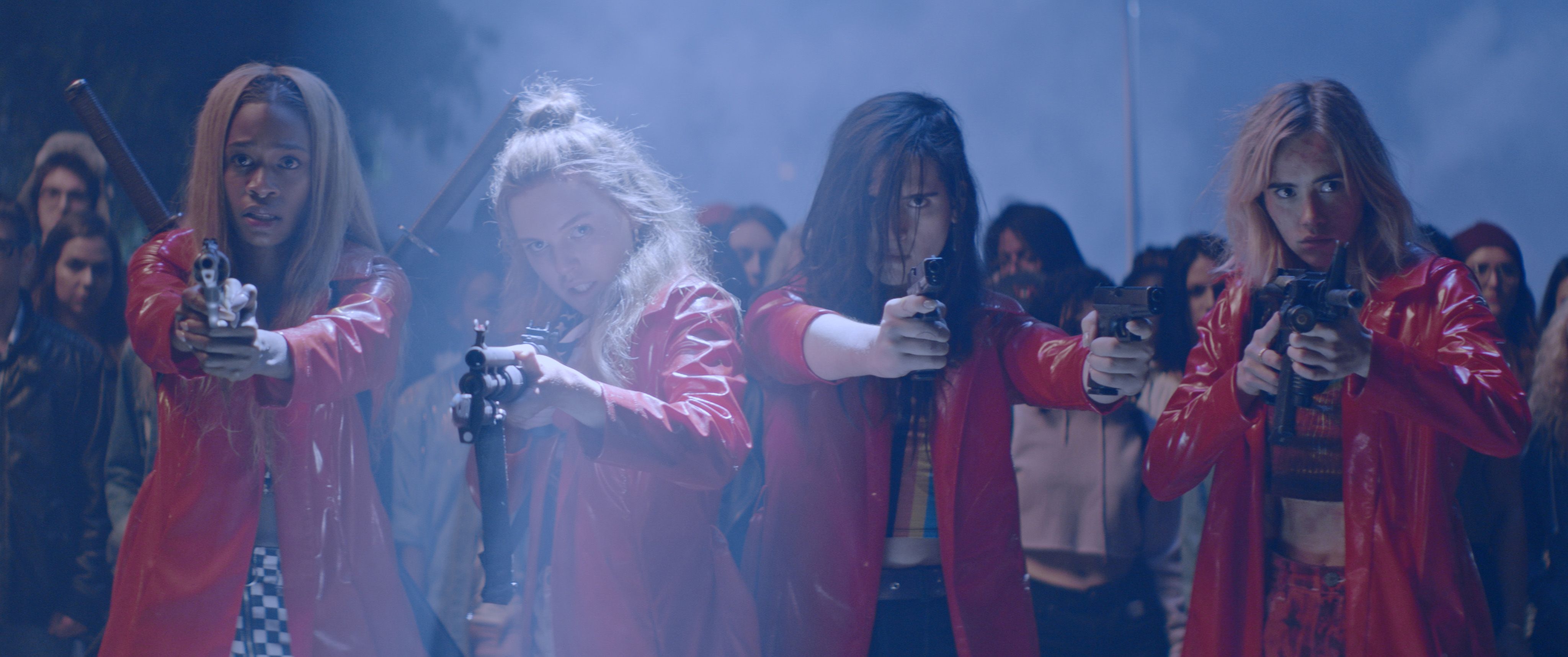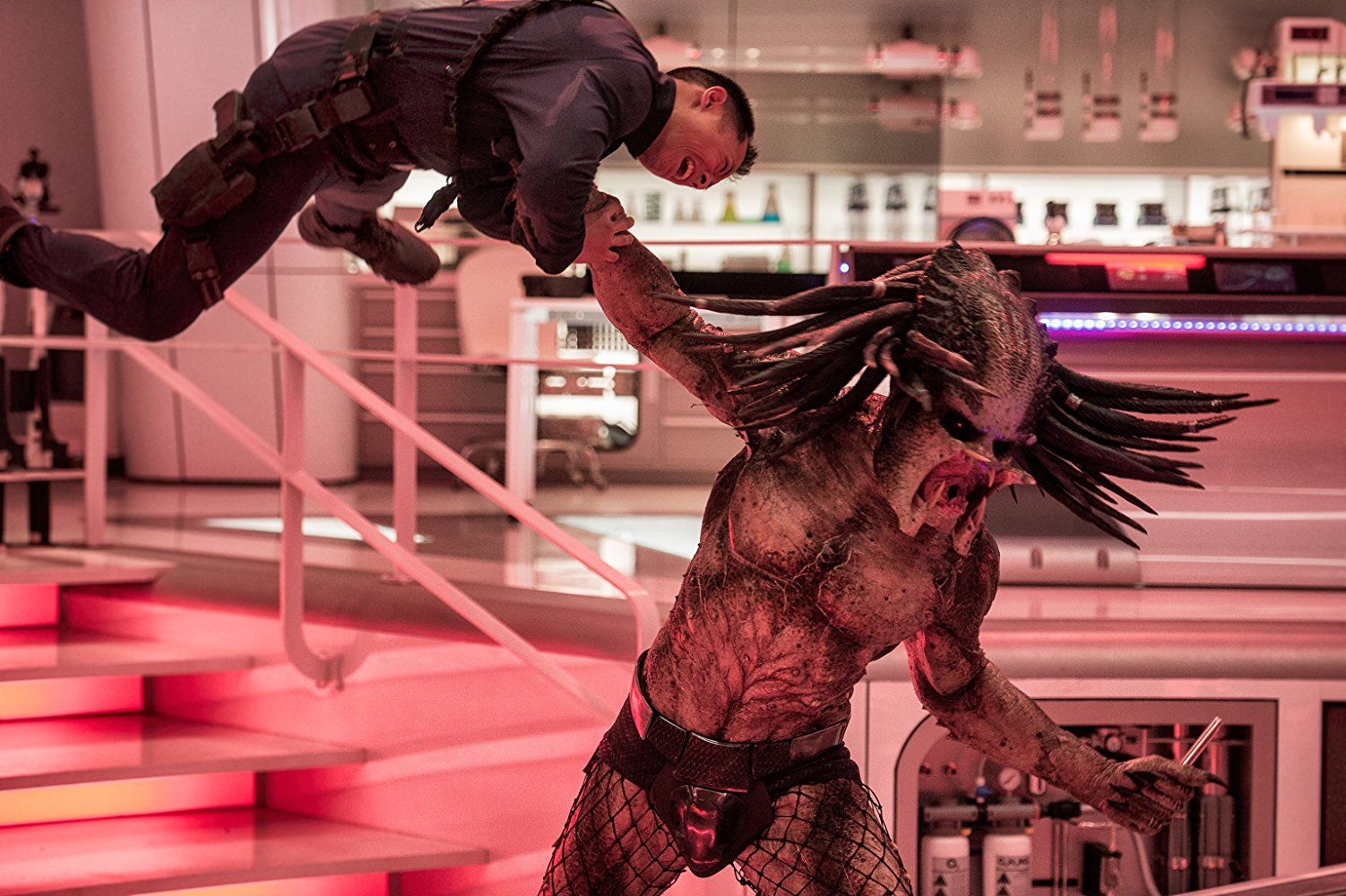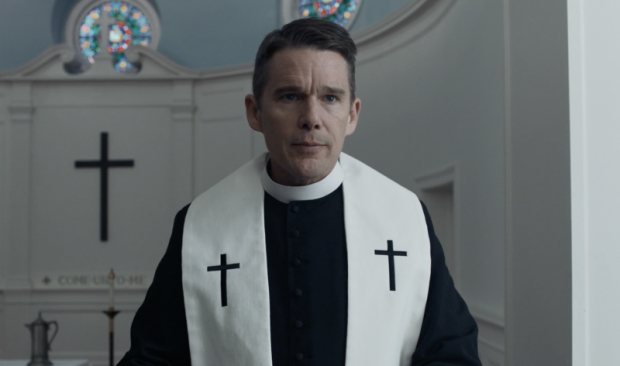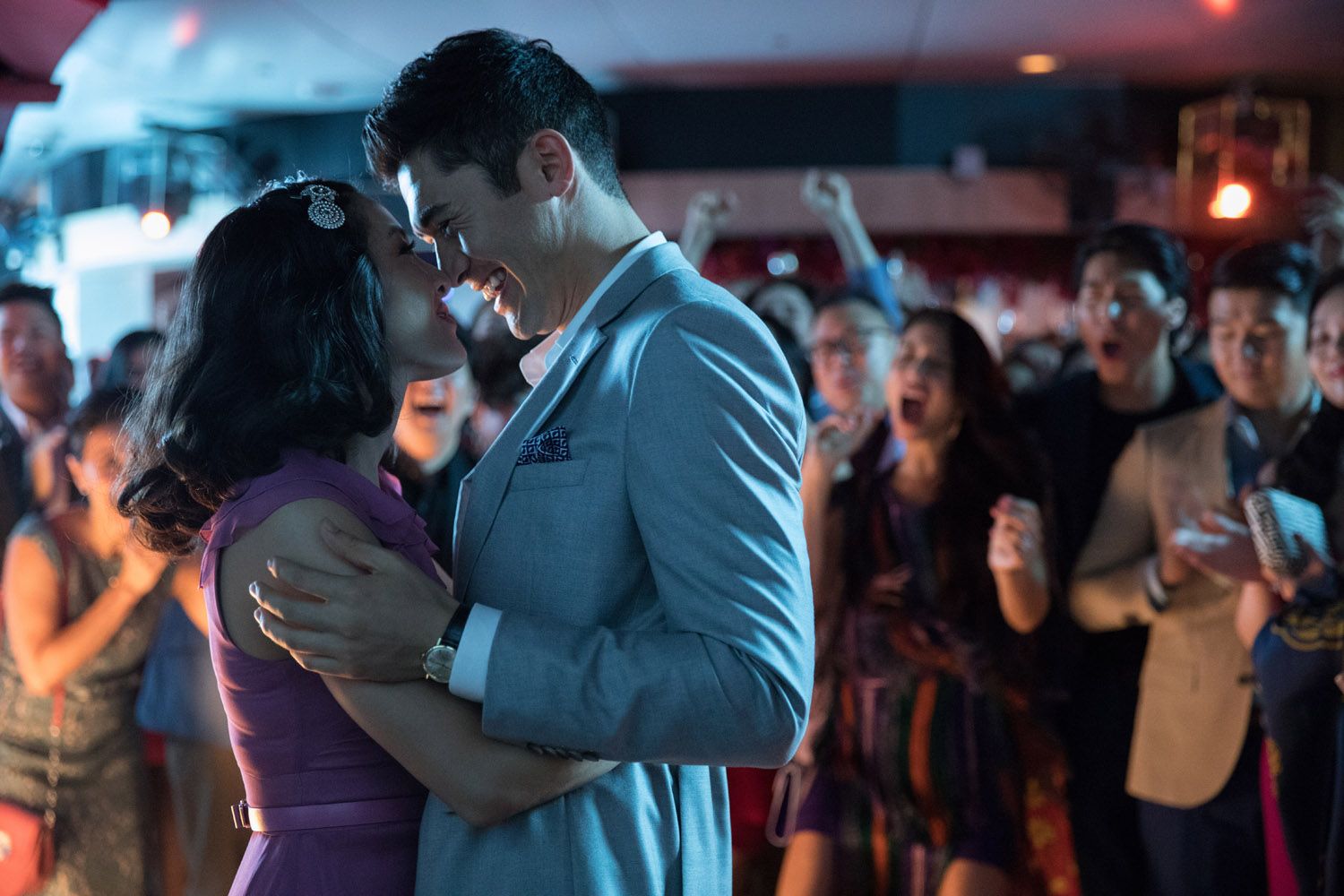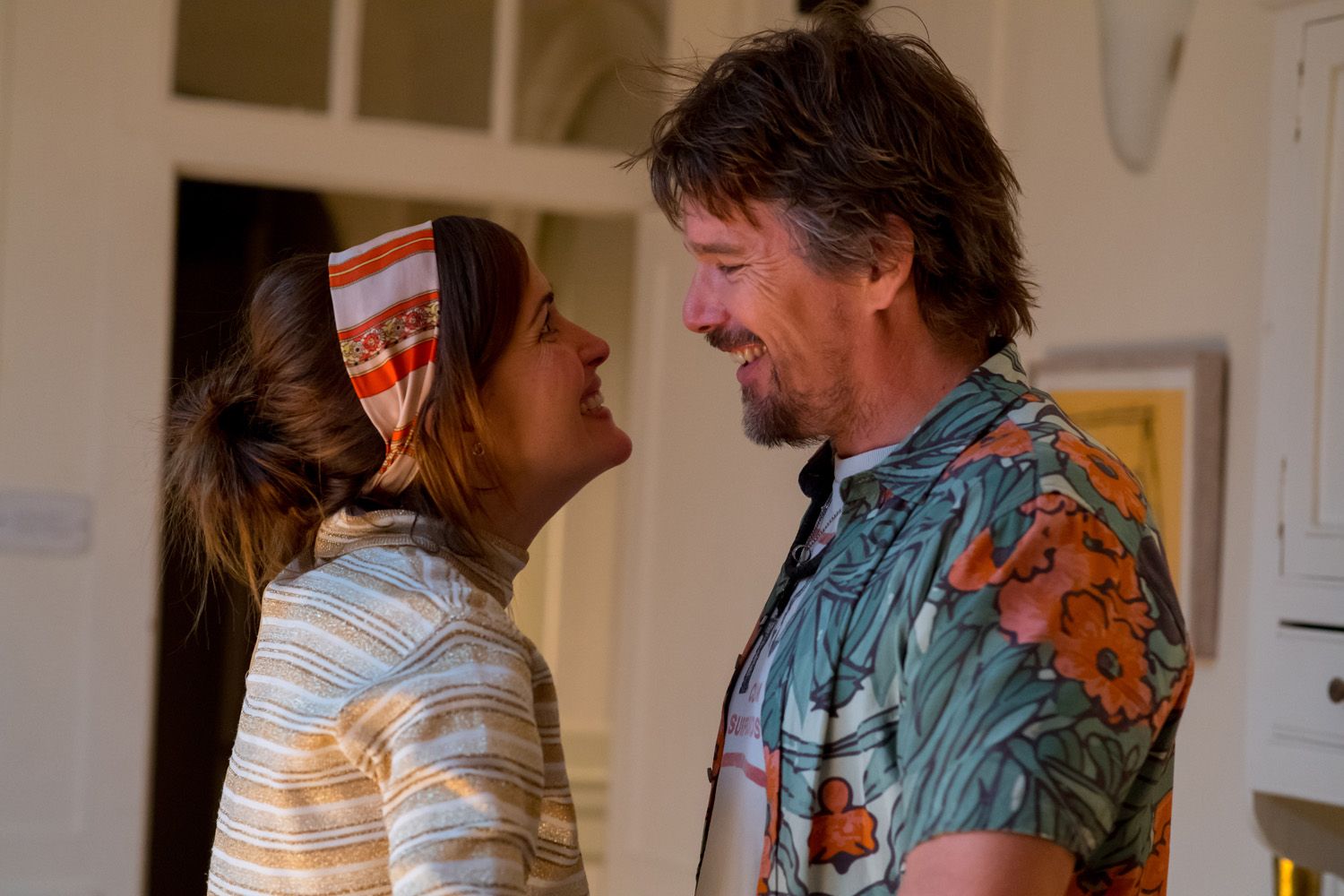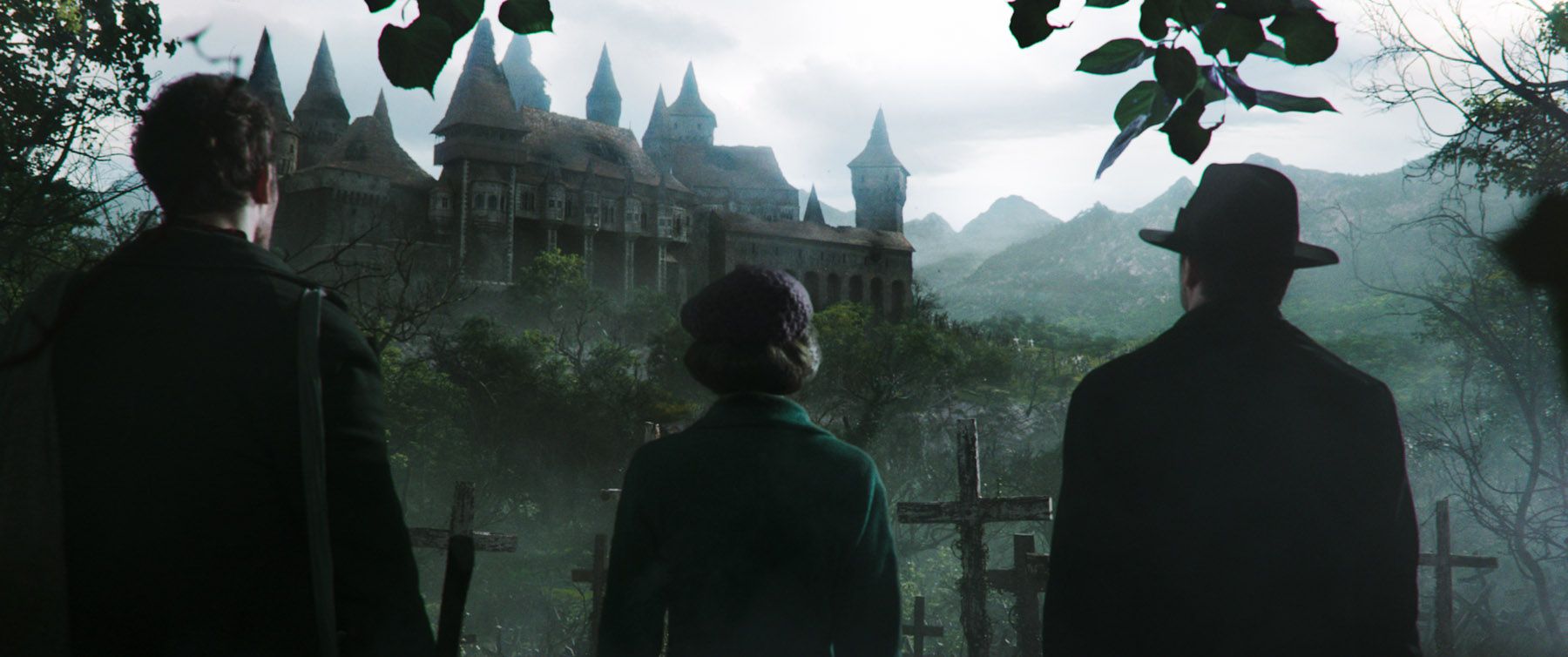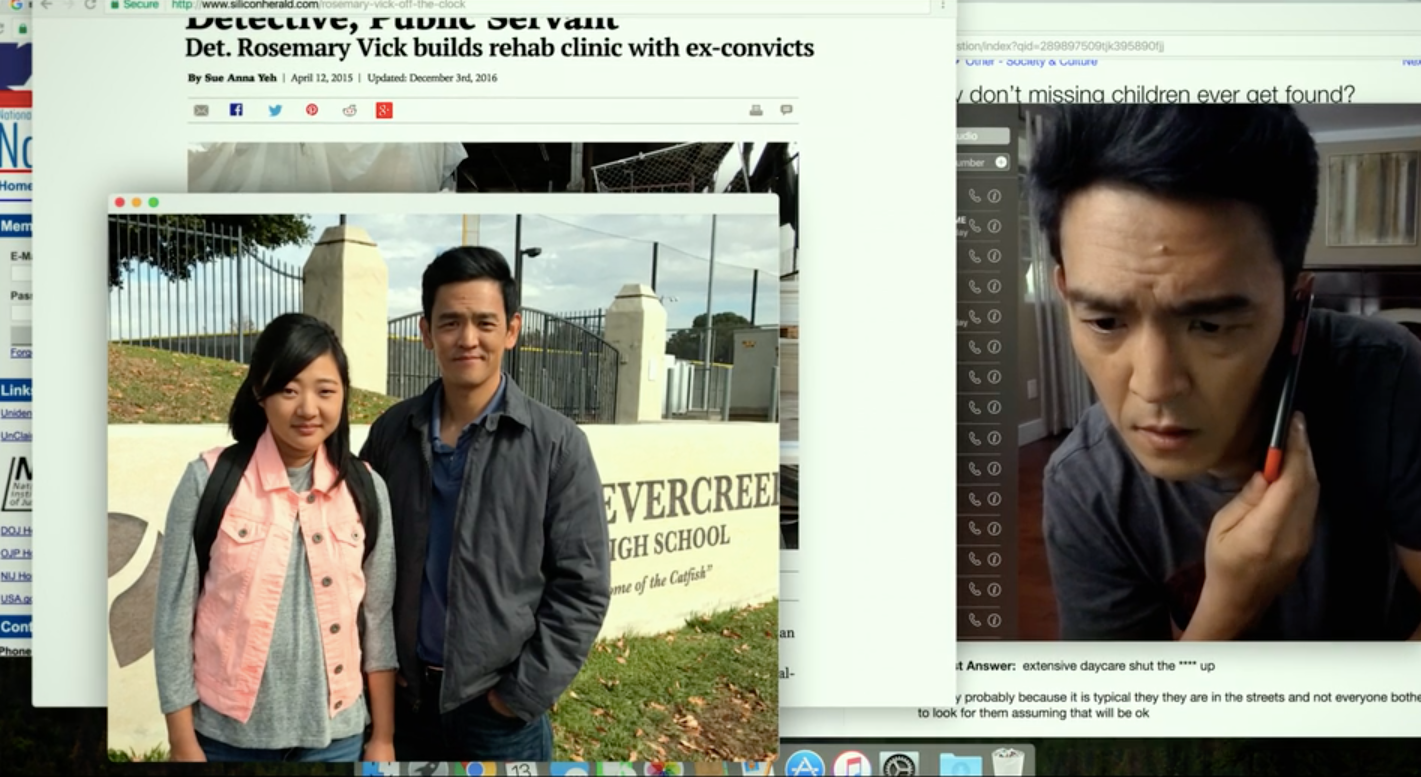It is only natural that there would be movies attempting to rise and meet our turbulent moment. Take Sam Levinson's Assassination Nation, for example. The movie is supremely unpleasant in the particularly smug way that comes from taking evident satisfaction in holding up a funhouse mirror to everything ugly and nasty in the cultural climate. In zazzy style, with frequent cross-cutting, split-screening, extreme-close-upping, and slow-motion-montage-ing, the movie engineers a small town digital apocalypse. In this worst-case scenario, the citizens of a sleepy suburb in anywhere America find their accounts hacked and secrets dumped online for all to see. It starts with the mayor, a homophobe whose affairs with men become public. Then the high school principal is the victim, smeared by contextless outrage. Soon enough, though, there are thousands of vulnerable people exposed for their neighbors to judge and loathe with virulent hate speech and even violence. Cyber bullying returns to the analog kind, becomes a contagion in the behavior of all ages.
Our main character is an intentionally provocative 18-year-old senior (Odessa Young) who is gossiping with her pals (Hari Nef, Suki Waterhouse, and Abra), arguing with authority, and exploring her desires. That she becomes increasingly vulnerable as her secrets, like an ongoing sexting affair with a married man twice her age, unravel in public spaces is frightening enough. That the movie pushes and pushes and pushes, with leering close-ups and thunderous sound design, gooses the discomfort. It revels in its danger and disgust, having opened with flashes of depravity to come accompanying trigger warnings. People get lost in the murk. The large cast (including bit parts for Joel McHale, Bill Skarsgard, Anika Noni Rose, Maude Apatow, and Bella Thorne) is energetic and loose inhabiting thinly sketched arch types (the snooty girls, the bro jocks, the sniveling nerds, the prudish parents, the drooling misogynists), but can't entirely sell them as believable people. They're all pawns moved around for the movie's sharp-elbowed points. Concept is constantly privileged over character, making it heavy but sparse no matter the intensity of the subject matter and energy of the filmmaking.
There's no attempt at subtlety; the movie is at once a horror movie and a social satire, a potentially potent mix, but the strong flavors are sloppily blended, as absurd as it is disgusting, as exhausting as it is exaggerated. In its punkish, prankish, raw approach to teen speech and bad behavior, and in its high concept calamity slowly escalating into a Purge-adjacent nightmare, the movie is lurid, upsetting, cruel, overwritten, hyperbolic misanthropy. I spent most of the movie unsettled and unsatisfied, bristling at its overstuffed soul-sick disgust at everyone and everything. By the end, though, it all clicked together for me. I can't recommend it. I'm not eager to revisit it. Nevertheless, it has my begrudging respect. It's an unapologetically gnarly modern exploitation movie, maybe too clever for its own good most of the time (like when the teens talk about Straw Dogs right before a lengthy home invasion sequence), but undeniably forceful in its bloody evocation of our society's worst tendencies taken to frightening extremes. (The pseudo-empowering anime/comic book/supermodel poses struck by heavily-armed young ladies in slick red raincoats in the gory finale are a striking capper to the film's giddily aggressive excesses.)
Here’s a town living a digital self-destruction that spills the mob mentality and casual cruelty of the internet onto the real life streets. The death of privacy is scary enough when the mobs are digital and the consequences are real life. Patterns of abuse and manipulation cross the line — people lose their minds — lives are ruined — context is lost — nuance is dead. Here it goes further. bodies pile up. Character assassination via social media turns real, with a bat swung to bludgeon a girl at cheerleading practice, and machine guns sprung in shootouts in the cul-de-sacs. There are lynch mobs in the streets and assaults on the sheets. Self-loathing becomes homicidal. And why is this town in turmoil? An anonymous creep, safe behind his keyboard, creates the upheaval for the lolz and lets the crowds' hypocrisy rear up to squash whomever is most conveniently scapegoated. Innocents are destroyed. Overreaction rules the day. The natural conclusion, the film says, is bloodshed when a comment section flamewar goes IRL. We may hate what the worst of online culture has done to our society. And yet here we stay. We can’t stop.

